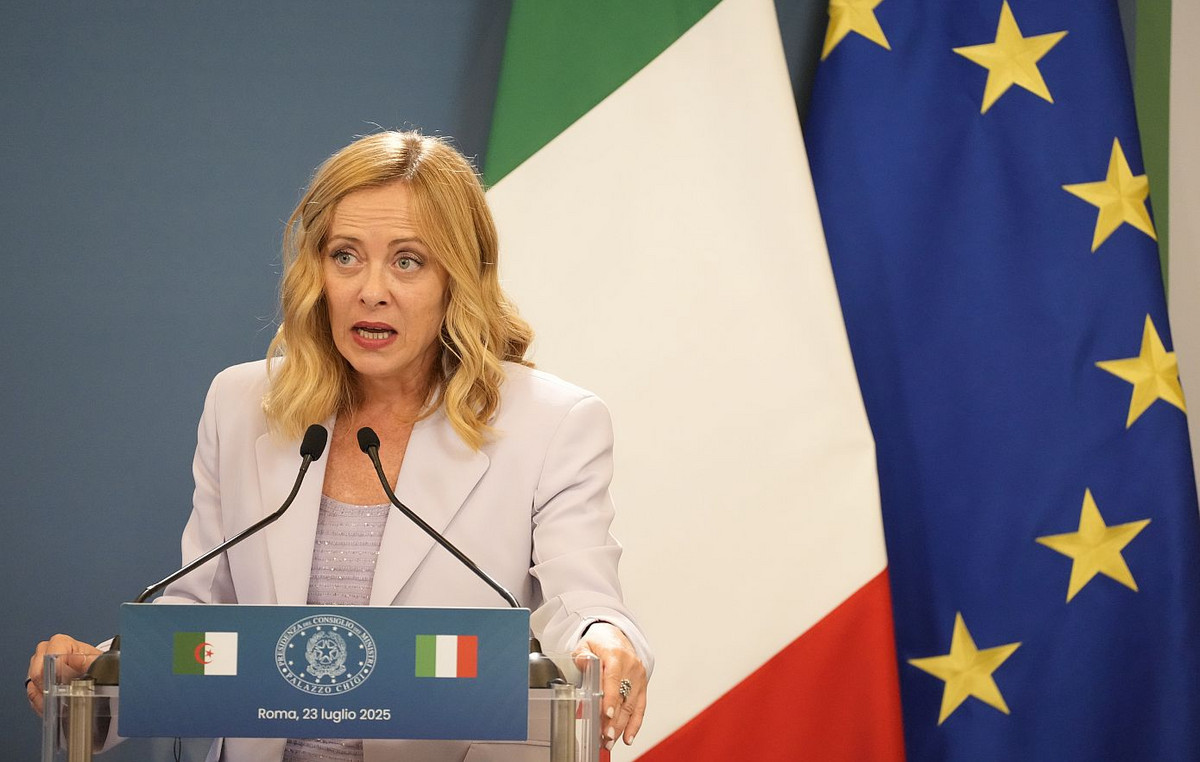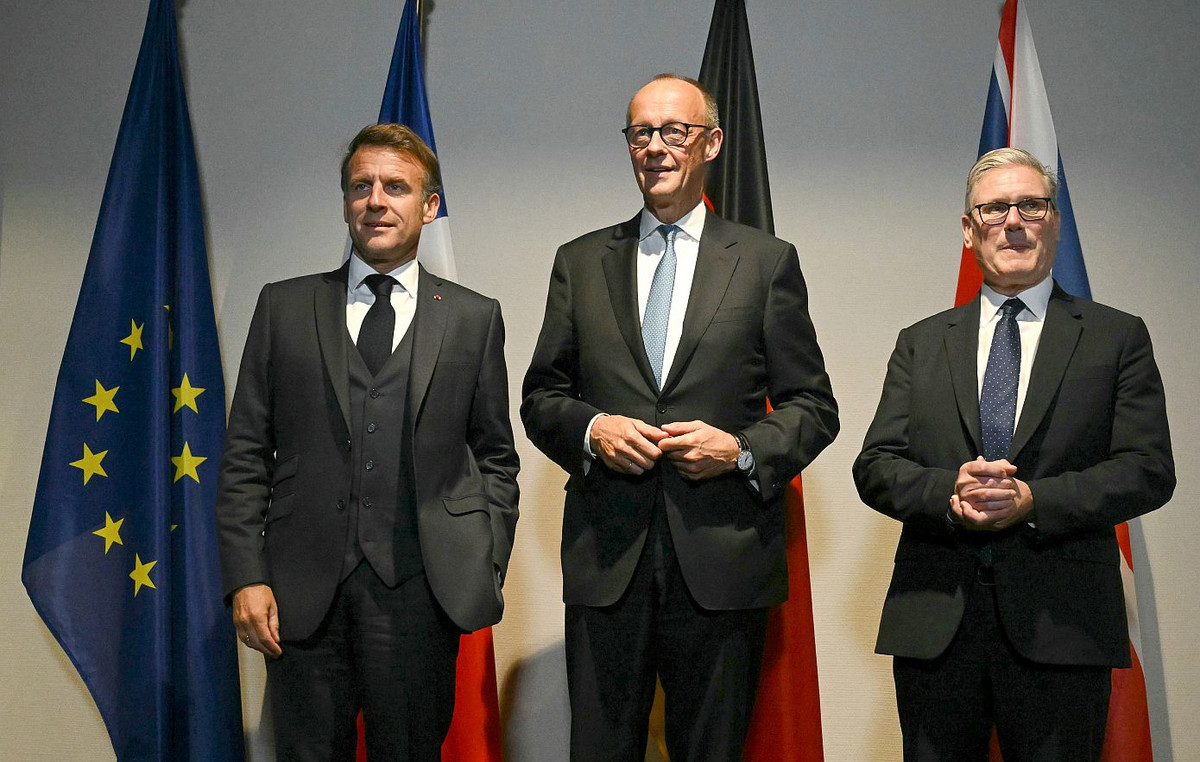This article is published in issue 47 of Vanity Fair on newsstands until 22 November 2022
“That romantic scruple that confuses, as if talking about money takes away something from love.” Claudia Segre, one of the most accredited finance experts and activists for gender equality in Italy, has been committed for years: «My goal is to make sure that all women know they are able to make complex financial decisions and that they do not have to never settle for little: less money, less power, less independence». And so she set up Global Thinking Foundationa task force of 107 volunteers and about thirty lawyers, who, pro bono,
they help women who find themselves in difficulty, victims – more often than one thinks – of economic violence: «It is difficult to recognize and, in its manifestation, it hides behind behaviors that are still culturally justified and accepted. Even today, it is not uncommon for a woman not to have her own current account, it is not uncommon for a wife, with perhaps even a small paycheck, to take on a loan in her husband’s name or for the daughters to sign guarantees in place of a father who is strong enough to bring the money home. When a man isolates economically
a woman, when she forces her to ask for money as if she were a child with a weekly tip, when she doesn’t allow her to work, when she demands a detailed statement of expenses, when she squanders the family capital without her partner’s knowledge, here, this is economic violence and unfortunately, often, it is a prelude to an escalation”.
Unlike physical and verbal violence, however, economic violence is not recognized by our legal system as a crime: «The Penal Code», explains Claudia Segre, «provides for a provision, art. 570 of the criminal code, which punishes those who commit acts of maladministration without the consent of the other, dissipating the assets of their spouse and/or minor child, but leaves out a whole series of behaviors which are instead evident abuses and no mention is made of the economic violence”. In short, something needs to be changed in our legislation: “Starting, for example, with the obligation of financial transparency at the time of marriage: in fact, at present, the law does not require disclosure of income to the spouse, but requires part of these to the needs of the family”. It therefore means that if one spouse, unbeknownst to the other, opened a current account to which to allocate a large part of their earnings, perhaps even accumulating considerable wealth, this would not be considered a crime. «Economic violence is a sneaky phenomenon, difficult to govern. What we can say is that we are here: Global Thinking Foundation has set up a whatsapp chat (+39 331 7918617) to whom you can ask for help and we are ready to field our financial and legal expertise”. Having said that, in recent times some small steps have been taken: the spouse, for example, can obtain a copy of the tax return of the other from the Revenue Agency. «But there is a problem», Claudia Segre is keen to clarify, «it can only be done in the presence of a justified reason or in the event of a defense during a separation proceeding, in order to understand to what extent one can request the maintaining the ex. In other words: it is a possibility to be exploited only afterwards and not during the marriage. The truth is that within the relationship, financial well-being can only start from ourselves,
it’s our responsibility.”
content
This content can also be viewed on the site it originates from.
Source: Vanity Fair
I’m Susan Karen, a professional writer and editor at World Stock Market. I specialize in Entertainment news, writing stories that keep readers informed on all the latest developments in the industry. With over five years of experience in creating engaging content and copywriting for various media outlets, I have grown to become an invaluable asset to any team.







